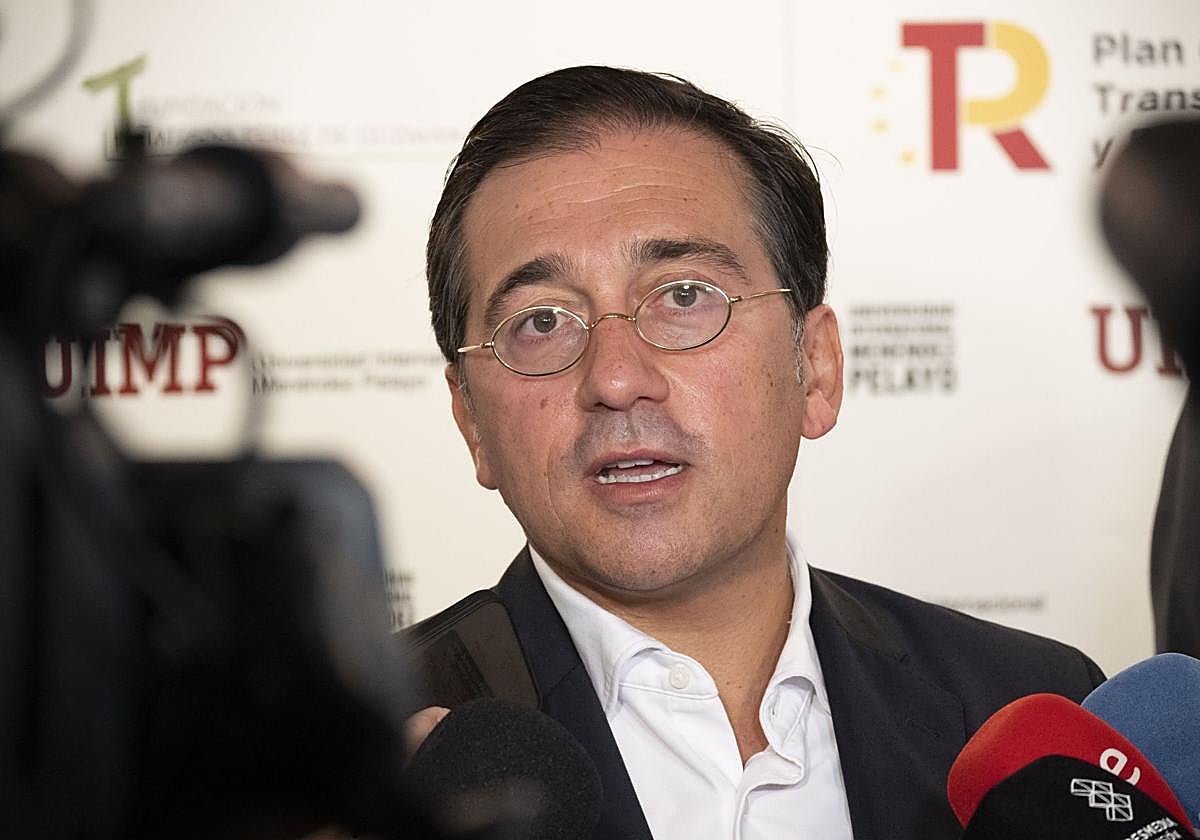Speak my language
The political motivation for Spanish PM Pedro Sánchez’s backing of the Catalans’ quest for linguistic recognition also suggests that Galician and Basque are token add-ons, writes columnist Mark Nayler
Mark Nayler
Friday, 6 December 2024, 16:50
This week, Spain’s foreign minister José Albares renewed the push for Catalan, Galician and Basque to become the EU’s 25th, 26th and 27th ... official languages. In a meeting with Roberta Metsola, president of the EU Parliament, Albares raised the prospect of holding a vote on the matter, in which all 27 member states would need to give their approval. That’s unlikely to happen, but in principle there is no reason why the bloc shouldn’t give Spain what it wants - or at least the Catalans what they want.
Catalonia and the Balearic Islands, where Catalan is also spoken, have requested official status for the language over a dozen times since Spain joined the EU in 1986. But the Spanish government, fearing that recognition of Catalan outside Spain would bolster the region’s independence movement, has never backed such demands. Now that Pedro Sánchez depends on the support of pro-independence Catalan parties to govern, he can’t ignore their requests.
The political motivation for Sánchez’s backing of the Catalans’ quest for linguistic recognition also suggests that Galician and Basque are token add-ons. They have to be included in the appeal to the EU to forestall accusations of favouritism, but really this is all about appeasing Catalan secessionists.
Spain has a compelling case to put before the EU parliament. Catalan is spoken by an estimated 10 million people in Catalonia, Valencia, the Balearic Islands, Andorra, the Roussillon region of southeastern France and Alghero in Sardinia. That’s more than double the population of Croatia and almost four times that of Lithuania, both of which have their languages officially recognised by the EU. In a poll published last year, 65% of citizens in Valencia and the Balearics said they could speak Catalan well, a figure which rose to 75% in Catalonia.
Compare the status of Catalan with that of Irish, which became an official EU language in 2022. Irish is of significant cultural importance to Ireland, just as Catalan is to Catalonia - but as a spoken language it is nowhere near as widespread. According to the most recent censuses, only 40% and 12% of people in the Republic of Ireland and Northern Ireland, respectively, said they had some ability to speak Irish. Unesco’s Atlas of World Languages describes the language as “definitely endangered”.
This is not to say that Irish, Lithuanian and Croatian shouldn’t be official EU languages; but given that they are, there’s no reason why Catalan shouldn’t be as well. Brussels is already halfway to meeting the Catalans’ demands anyway: some official publications are already translated into Catalan and anyone writing to the EU in Catalan has the right to receive a reply in the same language. It’s time to make it official.
¿Tienes una suscripción? Inicia sesión
